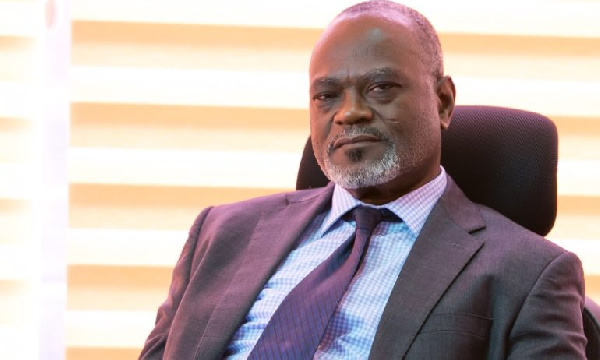
Don’t panic over increasing Covid-19 cases – GHS urges Ghanaians

Ghanaians have been advised not to panic over the increasing cases of Covid-19 being recorded in the country.
Health Promotion Officer at the Health Promotion Division of the Ghana Health Service (GHS), Joel Abekuliya, who gave the advice said this only meant “we are picking all the cases that we may have lost.”
Mr Abekuliya said the increasing cases of Covid-19 being recorded also meant that the country’s enhanced surveillance and contact tracing efforts were yielding results such that all persons with the disease would be identified and properly catered for to halt the spread of the disease.
He made the comments during a presentation on Covid-19 at one-day training workshop held in Tamale for journalists drawn from the Northern, North East and Upper East regions.
The training, organised by the Ministry of Information and the GHS in partnership with the Ghana Journalists Association (GJA), was to equip the journalists with accurate and reliable information on the COVID-19 to inform their reportage on the disease.
The country confirmed two cases of COVID-19 on March 12, and as of April 08, the confirmed cases rose to 313 with five deaths and three recoveries.
Mr Abekuliya dispelled suggestions by some members of the public that the confirmed Covid-19 cases in the country were being underreported saying the figures published on the website of the GHS were authentic and represented the true situation of the country regarding the pandemic.
Caesar Abagali, Northern Regional Chairman of the GJA, who made a presentation on behalf of GJA, expressed the need for the GHS to be quick in responding to journalists’ requests for information on the disease to ensure that they do not mislead the public.
Mr Ahmed Hussein, Northern Regional Information Officer expressed the need for the right information to be communicated to the understanding of members of the public to better inform their behaviour towards the disease.
Some of the participants expressed urgency for a regular briefing of journalists at the regional level, especially in regions where the disease had been recorded to ensure clarity on efforts to halt its spread.






